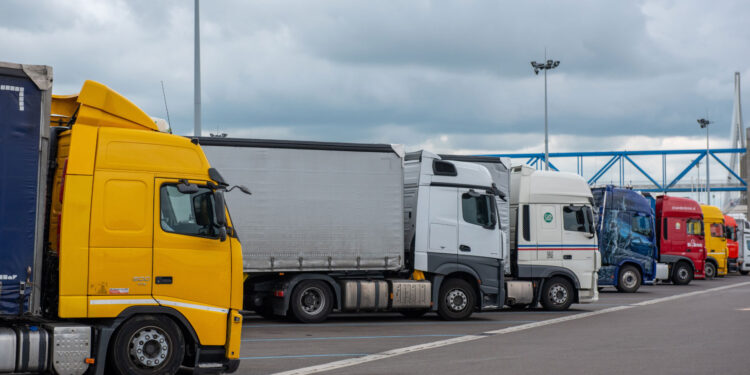The regulation, addressing emissions from new trucks, buses and trailers, was endorsed by MEPs with 341 votes in favour, 268 against and 14 abstentions.
CO2 emissions from large trucks (including vocational vehicles, such as garbage trucks, tippers or concrete mixers) and buses will have to be reduced by 45% for the period 2030-2034, 65% for 2035-2039 and 90% as of 2040. By 2030, new urban buses will need to reduce their emissions by 90% and become zero-emission vehicles by 2035. Emissions reduction targets are also set for trailers (7.5%) and semi-trailers (10%), starting from 2030.
The law requires the Commission to conduct a detailed review of the effectiveness and impact of the new rules by 2027. This review will need to assess, among others, whether to apply the rules to small lorries, the role of a methodology for registering HDVs exclusively running on CO2 neutral fuels and the role that a carbon correction factor could have in the transition towards zero-emission HDVs.
Quote
Rapporteur Bas Eickhout (Greens/EFA, NL) said: “The transition towards zero-emission trucks and buses is not only key to meeting our climate targets, but also a crucial driver for cleaner air in our cities. We are providing clarity for one of the major manufacturing industries in Europe and a strong incentive to invest in electrification and hydrogen.”
Next steps
The Council still needs to formally approve the agreement before it can enter into force.
Background
Heavy-duty vehicles are responsible for more than 25% of greenhouse gas (GHG) emissions from road transport in the EU and account for over 6% of total EU GHG emissions. According to the Commission’s legislative proposal tabled in February 2023, reducing these emissions is crucial to the EU’s objectives of achieving climate neutrality by 2050 and lowering demand for imported fossil fuels.










































Discussion about this post